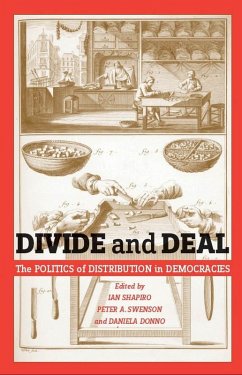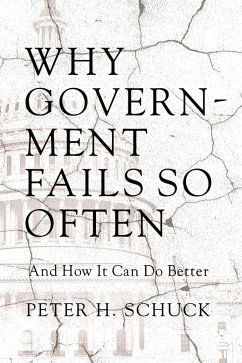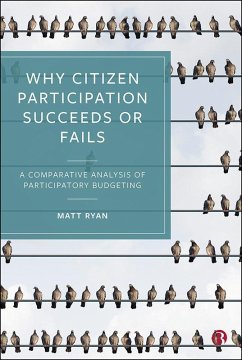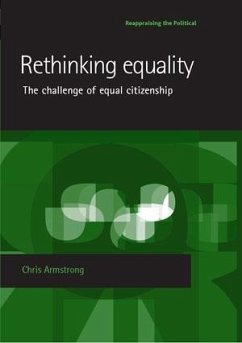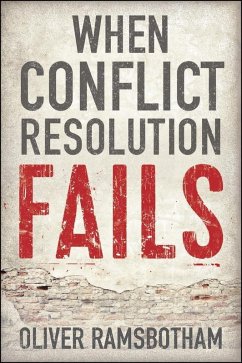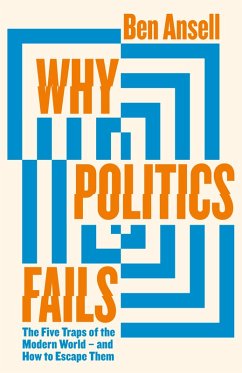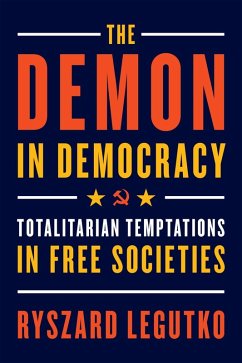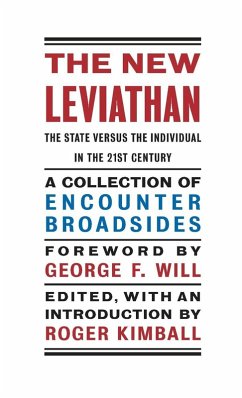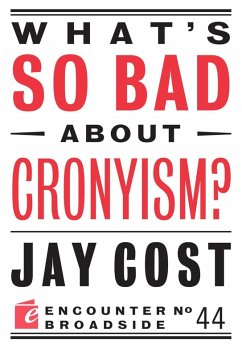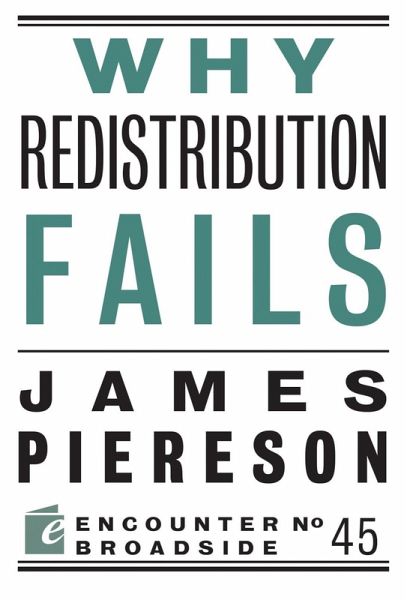
Why Redistribution Fails (eBook, ePUB)

PAYBACK Punkte
2 °P sammeln!
Democratic presidential candidates, including Hillary Clinton and Bernie Sanders, along with progressive economists like Thomas Piketty and Paul Krugman, have made a case for redistributing income from the wealthy to the poor as a means of reducing inequalities in income and wealth. Meanwhile, public opinion polls show that voters reject programs of redistribution in favor of policies designed to promote overall economic growth and job creation. While voters are concerned about inequality, they are more skeptical of the capacity of the government to do anything about it without making matters ...
Democratic presidential candidates, including Hillary Clinton and Bernie Sanders, along with progressive economists like Thomas Piketty and Paul Krugman, have made a case for redistributing income from the wealthy to the poor as a means of reducing inequalities in income and wealth. Meanwhile, public opinion polls show that voters reject programs of redistribution in favor of policies designed to promote overall economic growth and job creation. While voters are concerned about inequality, they are more skeptical of the capacity of the government to do anything about it without making matters worse for everyone. In this Broadside, James Piereson explains why the voters are right and the progressive politicians and economists are wrong. As he demonstrates, the progressive case is based upon a serious fallacy: it assumes that the government is actually capable of redistributing income from the wealthy to the poor. For reasons of policy, tradition, and constitutional design, this is not the case. The United States currently has one of the more progressive income tax systems in the industrial world but it does little to redistribute income from the wealthy to the poor. One reason for this is that, though the government spends vast sums on programs to aid the poor, most of these funds flow to providers of services rather than to the poor themselves. Thus, whatever one may think of inequality, redistributive tax and spending policies are unlikely to do much to ameliorate it but will instead line the pockets of providers and advocates who wield great influence in Washington.
Dieser Download kann aus rechtlichen Gründen nur mit Rechnungsadresse in A, D ausgeliefert werden.




